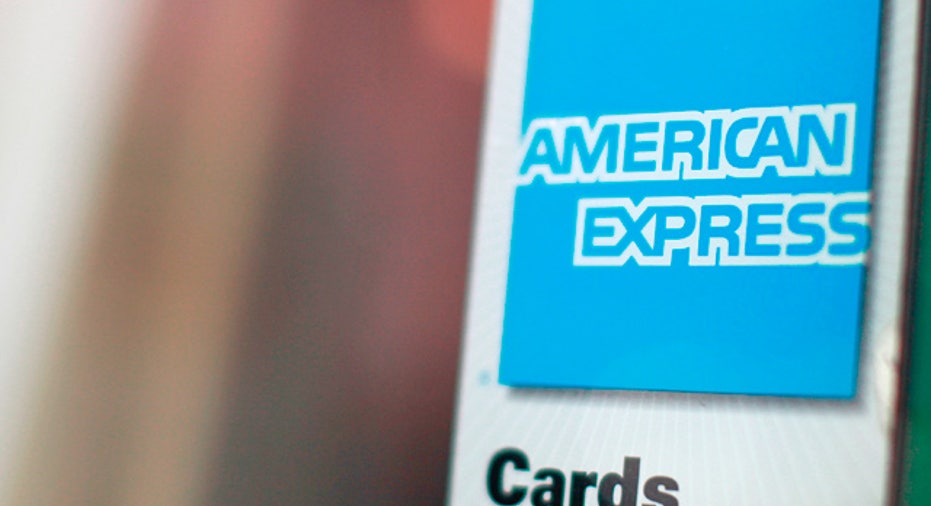Credit Cards: Kick the Plastic Habit

One of the only things college students love more than pizza and beer is a credit card. According to Sallie Mae, the average undergrad leaves campus with about $4,100 in credit card debt. Almost half own four or more cards. Plastic debt can add up fast, but these four rules will help keep your cards in check and your savings on the up and up.
Use Cash
"My strategy this year for a budget is to just take out the amount of cash I want to spend that week," says Sarah Glass, a senior at MidAmerica Nazarene University in Olathe, Kan. "It's hard to restrain myself when I know that I have money on my debit or credit card."
Cash is king, especially when it comes to weaning yourself off plastic. A study conducted by researchers at New York University and the University of Maryland College Park shows consumers are willing to pay more with plastic than they are with cash.
Do the Math
Do you really want that $500 cellphone? If so, divide the price by your hourly wage to learn roughly how many work hours it will cost you. Of course if you charge it, you'll also pay interest. Charge that fancy phone on a card with an 18% interest rate, and you'll still be paying for it four years down the road if you only make the minimum payments. Plus, you'll pay more than $200 in interest.
Hide and Do Not Seek
"I do not rely on credit cards to make my bill payments," says Eva Bickley, a freshman at Auburn University Montgomery in Alabama. "I have had a credit card before, and it just made me spend too much money." If you can't regularly pay off your credit card every month, you can save up, ditch the debt and close the accounts, but that might hurt your credit score. According to FICO, 15% of your credit score is determined by the length of your credit history. If you've had a card for a while, instead of ditching it entirely, pay it off and hide it somewhere safe.
Ask for Help
If you find yourself in credit card hell, ask for help. All major card companies offer hardship programs that can temporarily lower your interest rate or suspend penalties while you get back on your feet. Counseling agencies such as the National Foundation for Credit Counseling can also negotiate card terms with your credit issuer and help you create a workable payment plan to get out of debt and back on stable financial ground.



















